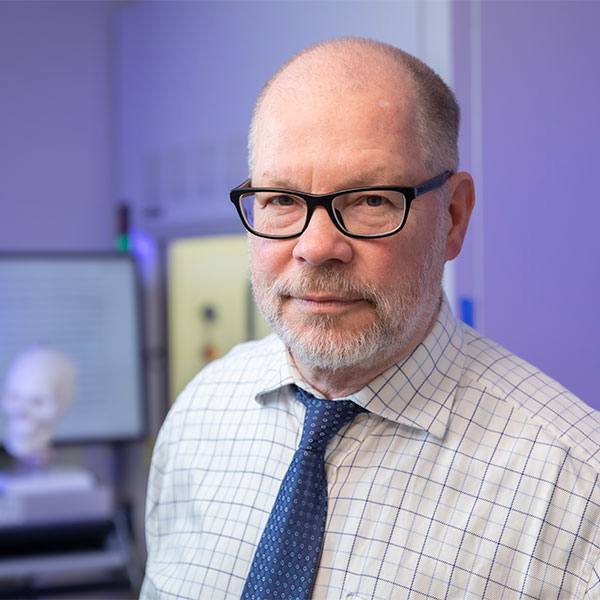-
Neurosciences
Mayo Clinic contributes to national Alzheimer’s disease research priorities in new report
Experts make recommendations for federal funding of research projects over the next 10 years
Alzheimer's disease affects nearly seven million Americans over the age of 65, or 1 in 9 people in this age group, according to the Alzheimer's Association. Symptoms such as memory loss, trouble concentrating and performing familiar tasks, and personality changes start slowly and progress. Researchers have come a long way in understanding Alzheimer's disease and Alzheimer's Disease Related Dementias (AD/ADRD). A new consensus study report, "Preventing and Treating Dementia: Research Priorities to Accelerate Progress," identifies prevention and treatment strategies for the next decade.

"We need cutting-edge treatments to help improve the lives of patients who are suffering from debilitating symptoms of dementia and prevention for those at risk," says Nilüfer Ertekin-Taner, M.D., Ph.D., chair of the Department of Neuroscience at Mayo Clinic and leader of the Genetics of Alzheimer's Disease and Endophenotypes Laboratory at Mayo Clinic's campus in Florida. "Neurodegenerative diseases not only affect patients but also the friends and family who care for them."
Dr. Ertekin-Taner served on the select ad hoc committee of the National Academies of Sciences, Engineering, and Medicine (NASEM) which conducted a study assessing the state of research on AD/ADRD and outlined critical research priorities for treatment and prevention, as well as potential barriers to progress. The National Institutes of Health, National Institute on Aging, and National Institute of Neurological Disorders and Stroke asked NASEM to form the committee in response to a request from the U.S. Congress to accelerate research into these diseases.
Researchers looked broadly at the field, including basic to translational to clinical research; lifestyle interventions aimed at preventing and treating AD/ADRD; barriers to advancing progress in the field; and the most promising areas of research. The study looked at Alzheimer's disease, frontotemporal dementia, Lewy body dementia and other vascular causes of cognitive impairment and dementia.
The report identified 11 research priorities for further NIH-funded biomedical research, including:
- Developing better tools, including novel biomarker tests and digital assessment technologies, to monitor brain health across the life course and to screen, predict and diagnose AD/ADRD at scale.
- Implementing advances in clinical research methods and tools to generate data from real-world clinical practice settings that can inform future research.
- Identifying factors driving AD/ADRD risk in diverse populations, particularly understudied and disproportionately affected groups, to better understand disease heterogeneity — including molecular subtypes and disparities in environmental exposures — and to identify prevention opportunities and advance health research equity.
- Characterizing the exposome and gene-environment interactions across the life course to gain insights into biological mechanisms and identify opportunities to reduce AD/ADRD risk and increase resilience.
- Integrating innovative approaches and novel tools into the planning, design and execution of studies to accelerate the identification of effective interventions.
- Advancing the development and evaluation of combination therapies (including pharmacological and nonpharmacological approaches) to better address the multifactorial nature of AD/ADRD.
- Evaluating precision medicine approaches for the prevention and treatment of AD/ADRD to better identify interventions likely to benefit specific groups of individuals.
The report calls for breaking down silos for more collaborative, multidisciplinary research; fostering inclusive research to eliminate health disparities; developing innovative funding strategies; and increasing innovation in research through the expansion of public-private partnerships, among others.
"The past decade of research investments in AD/ADRD has led to significant progress in our understanding of these diseases, bringing us closer to treatments," Dr. Taner said. "In the next decade, we must maintain the momentum of research and innovation to translate these advances to cures for millions of patients and caregivers affected by the dementia epidemic."
Note: Dr. Ertekin-Taner will participate in a webinar on Jan. 15 with other committee members to discuss the report.







